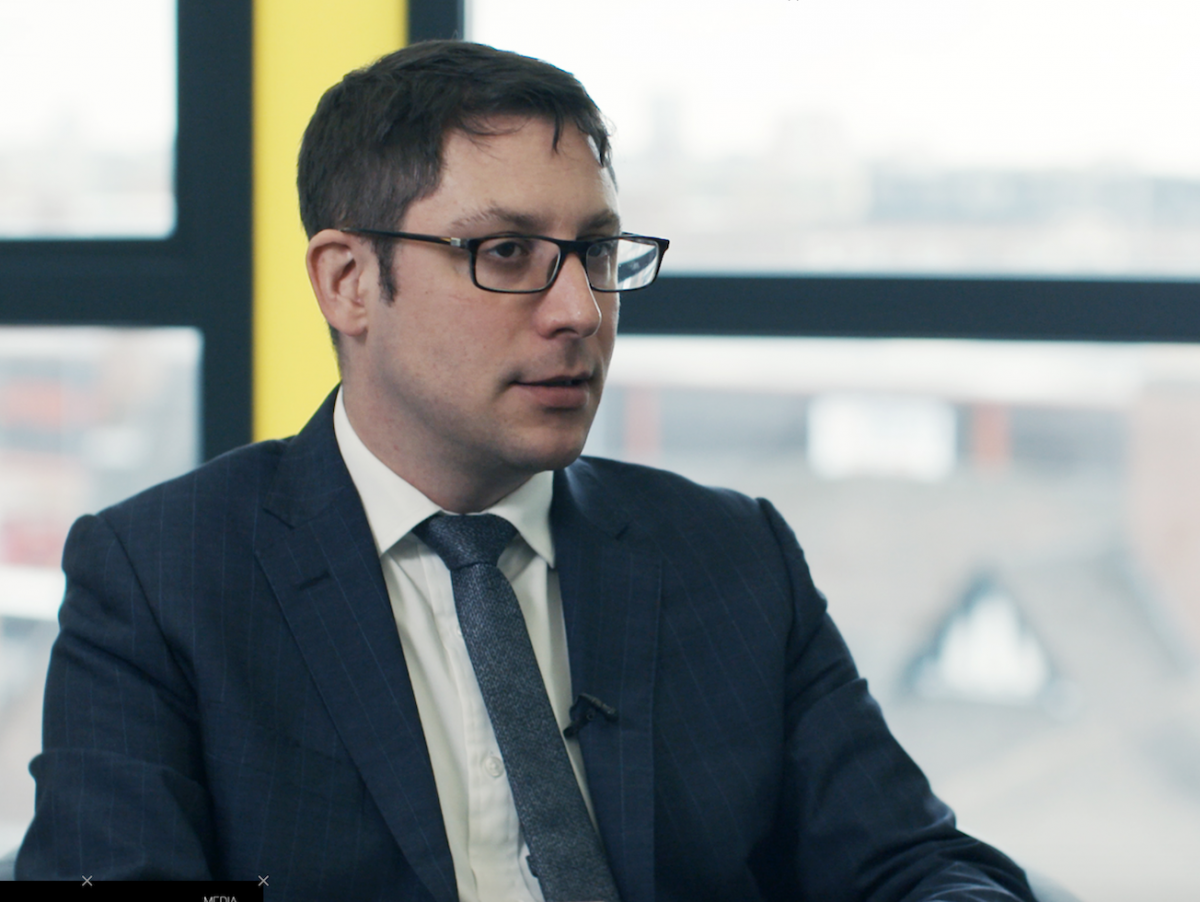
I made a bit of a prat myself the other day. I was discussing active and passive investing with a group of delegates during the lunch break at a symposium on transparency in asset management in London. Among them was an active manager and a rather opinionated adviser from a large UK advice chain; I won’t mention the firm’s name, but let’s just say that it’s not exactly renowned for transparency when it comes to the fees and charges its clients are paying. Emotions.
I don’t know why it was — a little tiredness or grumpiness perhaps — but what began as a debate descended into an argument.
All right, I know. I’m not proud of myself. When you let emotions override logic and reason, you lose the power to persuade.
Dr Tim Edwards, I suspect, would have done a much better job in that situation than I did. Tim is Managing Director of Index Investment Strategy at S&P Dow Jones Indices, based in London. He’s razor sharp, and a mathematician by background. He doesn’t really do opinions, at least not in public. Tim does facts, and among other things he’s one of the brains behind SPIVA, the S&P Dow Jones Index Versus Active scorecard.
“What we noticed quite a while ago,” Tim tells me on the latest TEBI Podcast, “was that the debate around (passive investing) was conducted in a very emotional context. What we wanted to do was SPIVA was to inform the debate. Our role is accuracy in measurement.”
Apologies to those who already know this, but the SPIVA analysis spells out time and again that:
— relatively few actively manage to beat the relevant benchmark over five or ten years, and very few over 15 years;
— the performance of active funds is consistently dismal across different countries and asset classes; and
— there is very little evidence, if any, of persistence in outperformance.
True, S&P is not a disinterested party in these matters. It makes its money from licensing its indices for fund managers to use, and therefore has a vested interest in promoting passive investing — a point I put to Tim in the podcast.
But you can’t argue with SPIVA. It’s the data — a fair, accurate and comprehensive measure of active fund performance, with survivorship bias removed.
“Without data,” the statistician W. Edwards Deming once said, “you’re just another person with an opinion.”
The financial industry, and particularly the financial media, is full of people with opinions. But it’s more people with data that we really need — more people like Tim Edwards.
You can listen to the interview with Tim Edwards here. You’ll also find the podcast on iTunes.
As well as SPIVA, Tim also discusses the trend towards self-indexing, and recent research he’s done on momentum investing and the case for equal-weight indices. And, for fans of active management, he even spells out the areas where active managers perform least badly.
Please do share the podcast, and even better, leave a review. And we’d to love to hear your comments.








